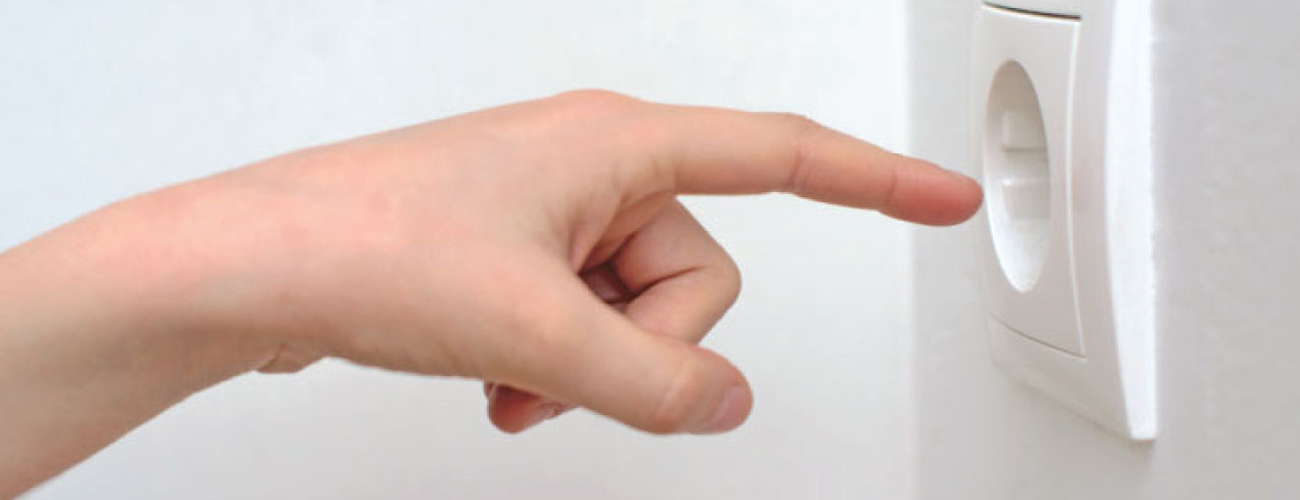Home electric safety in the room
- Never try to repair an electrical panel unless you are qualified for the job. Rely on a certified electrician to do this.
- It is important to use the correct backup size. Using a larger device can result in overcurrent and fatal burns.
- Use an extension cord that matches the rating or capacity of the device you are using.
- If you have a halogen lamp, keep it away from flammable clothing or paintings. Halogen lamps usually generate bulk heat and present a fire hazard.Also, make sure to work with care as this can cause severe thermal burns.
- Check the cable regularly for damage and keep it away from heat and water.
- Always remove the plastic housing at the end of the connector instead of the cable.
- Do not use damaged terminals or cables that have unwired.
- If your cord is too long, wrap it up and use Velcro strap to keep it intact.
- Do not remove the plug with wet hands. This not only causes electric shock, but can also cause severe burns.
- Do not route cables where they will be stepped on or exposed to water.
- Remove moss from the dryer to avoid a possible fire hazard.
- Keep metal objects away from electrical appliances such as a toaster.
- If you see gas leaks, do not touch any of the electrical switches. Follow the fire protection plan, leave the house immediately and call your 24 hour emergency number.
Outdoor electrical safety at home
- Never replace a fuse with another metal object, such as a fuse. Coin.
- Label your fuses and circuit breaker to easily identify which outlet.
- Remember to wear closed toe shoes when using power tools such as hedge trimmers.
- Don't dig in the backyard without making sure it's safe. Digging directly into the ground wire can be fatal.
- For safety reasons, use a three prong extension cord outdoors.
- If there is a thunderstorm, get inside immediately. If you get caught, squat very low with only your shoes touching the ground. Thunder can cause fatal lightning burns.
- Never use electrical appliances outdoors in the rain or by the pool.
- Do not touch or climb substations, transformers, or power poles.
- Do not use auxiliary conductors near power lines. Use ladders with non-conductive side rails.
- Make sure your power tools are certified by an accredited association.
- Before pruning or dumping wood near transformers, check your yard.
